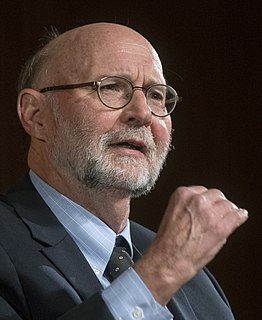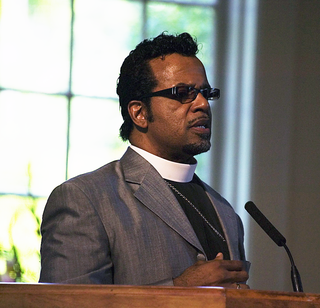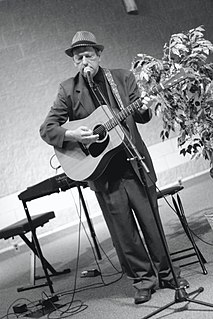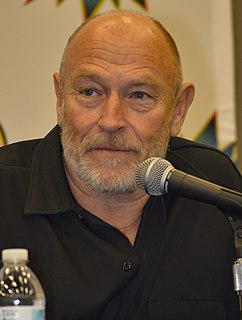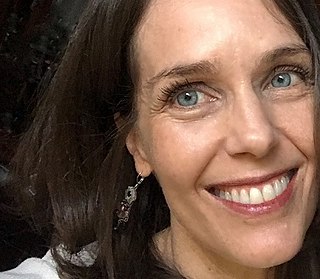A Quote by Tess Gerritsen
'Lonesome Dove' by Larry McMurtry and 'The Poisonwood Bible' by Barbara Kingsolver have stuck with me throughout my life, and I think that says a lot about an author's writing.
Related Quotes
Lonesome Dove is a great book that had the rare fortune of being made into a great movie. And now, through Bill Wittliff's photographs, we have a third generation of Lonesome Dove artistry. The same creative power and conviction that allowed Larry McMurtry to transform a workaday scenario for an unproduced screenplay into one of the greatest novels of our time, and that transformed that novel into the greatest western movie ever made, are on display in this collection. A Book of Photographs from Lonesome Dove is a masterpiece begot by a masterpiece begot by a masterpiece.
One thing about having mostly absent parents that I think was perhaps "good" for the development of my intellect/writing is that I was given almost total freedom to read/write/look at whatever I wanted. I wonder a lot about how my past experiences, particularly my negative childhood (home life and being severely bullied/ostracized throughout school) as formed my/my thoughts/my writing, though I should also note those things were far from the only thing that had an impact on me/my writing.
A part of me looks at life from a dismal perspective, not unlike Woody Allen and Larry David. But I don't want to look at life like that. It's bad enough that I have to think it. What works for me is writing against that view. There is God, there is love, there is greatness, there is a plan, and there is beauty.


